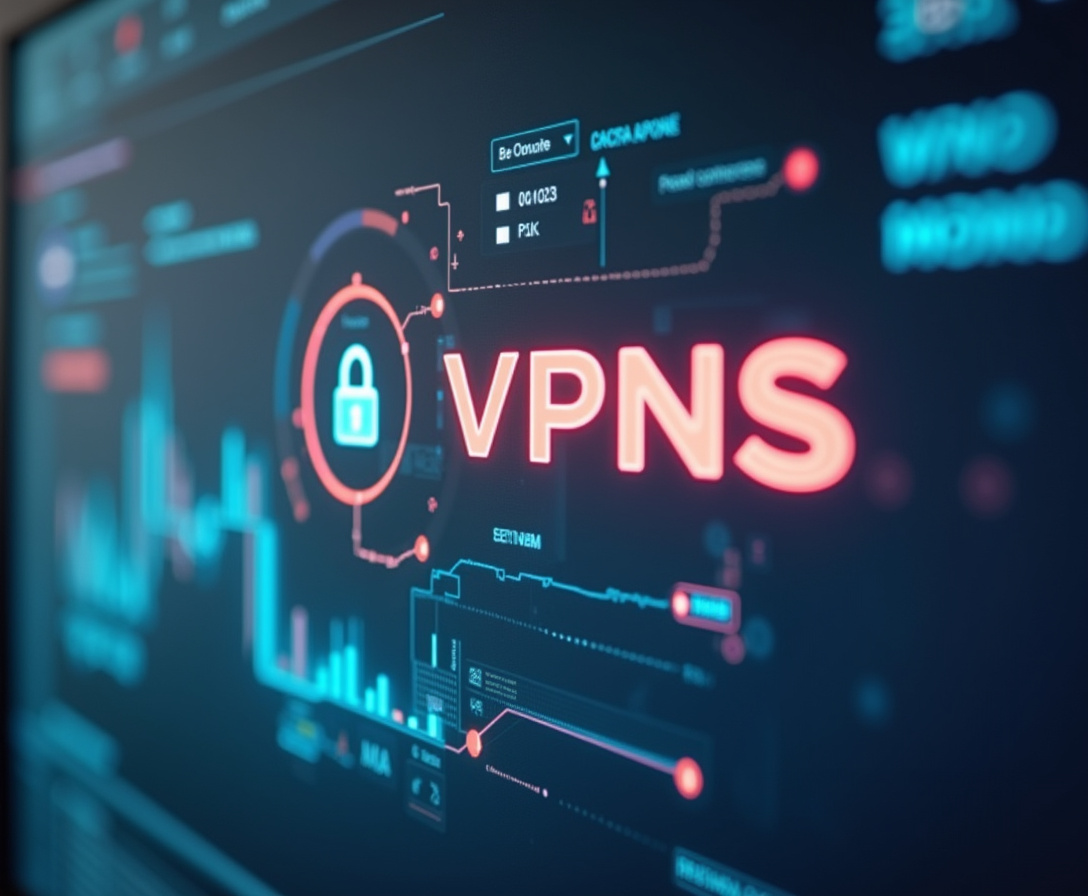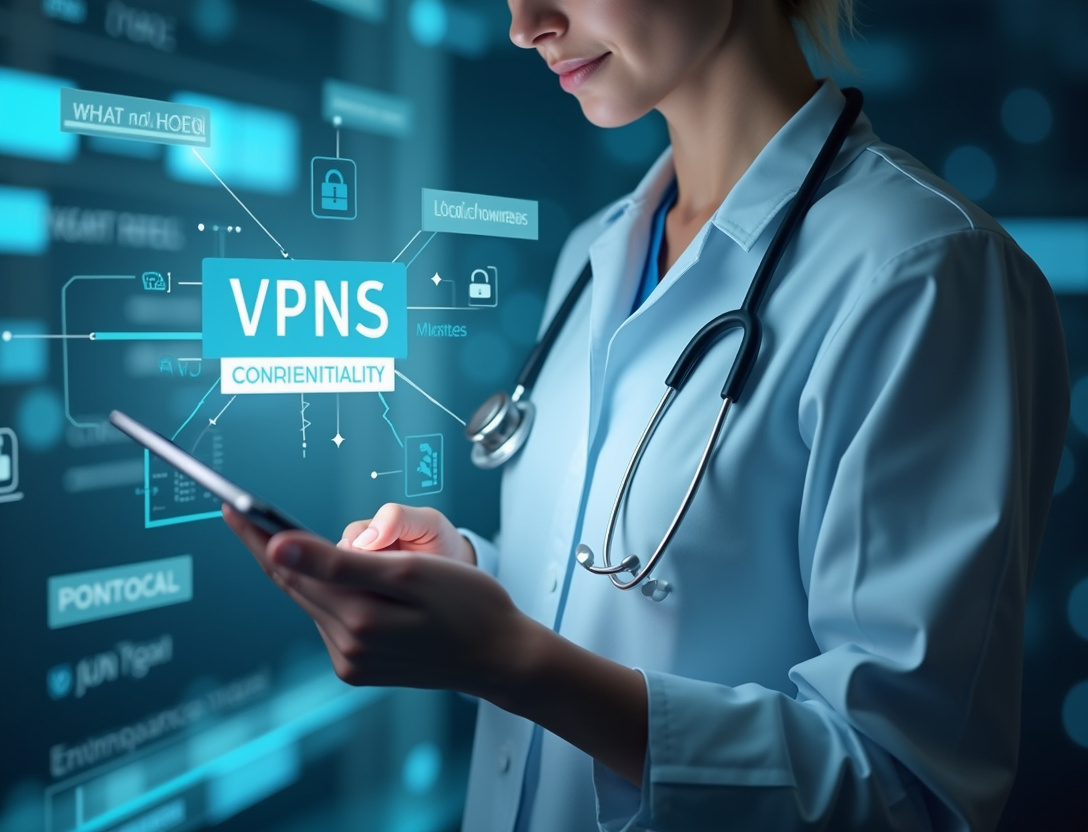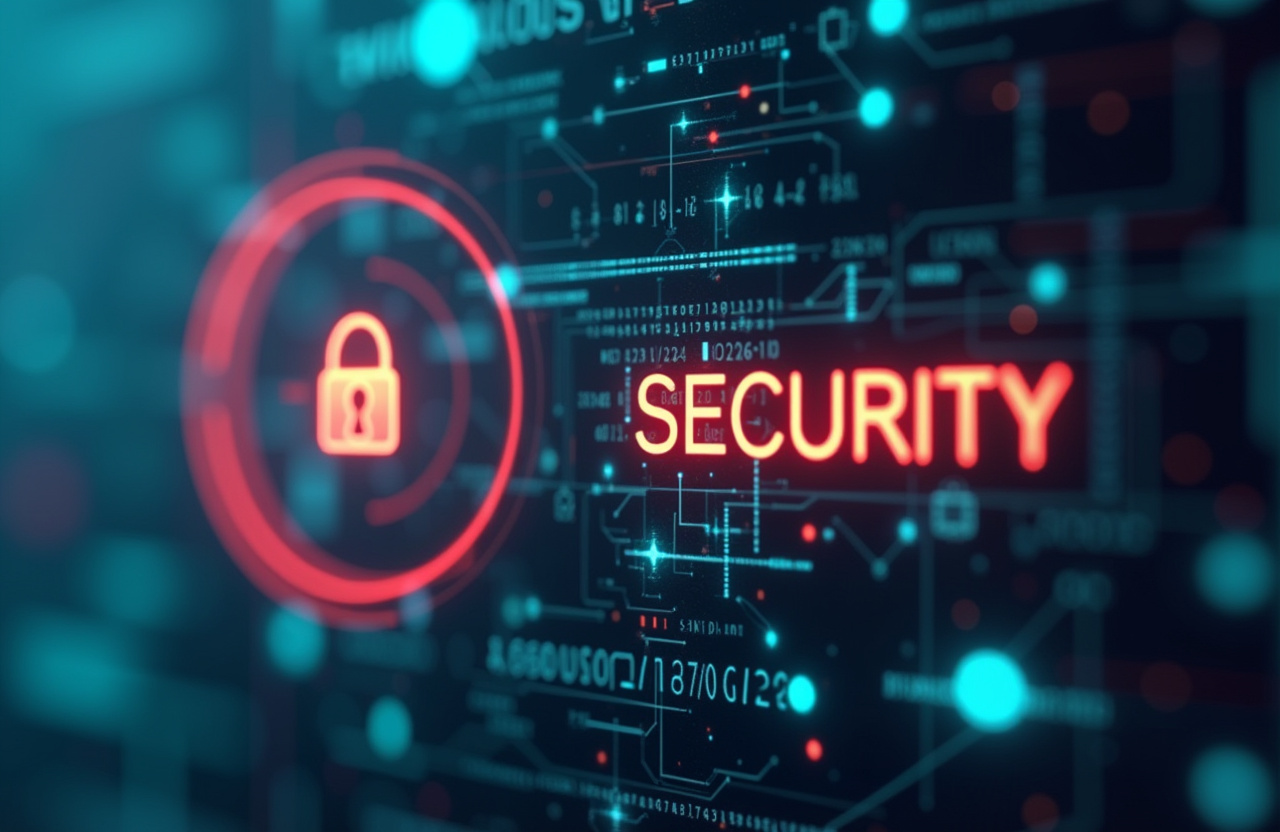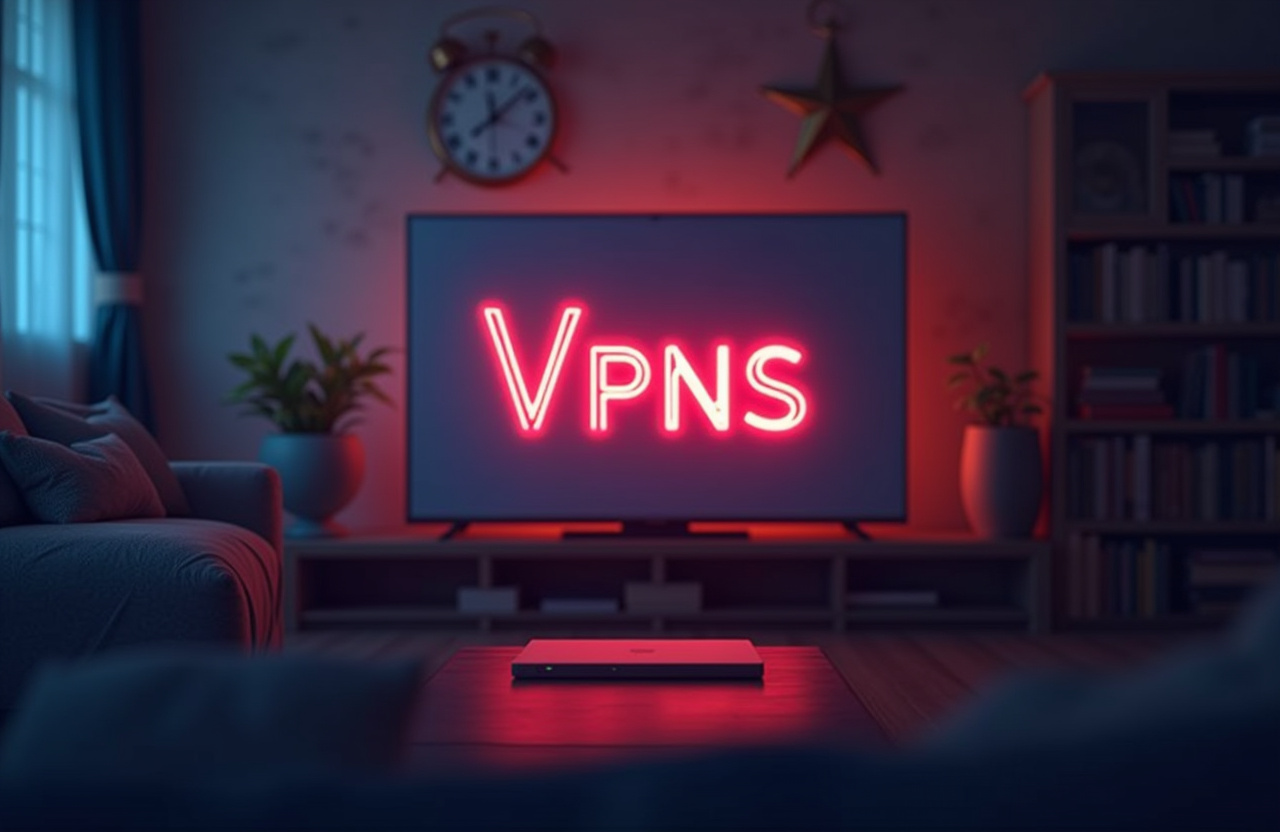VPNs for Livestream Events: Protecting Participant Privacy
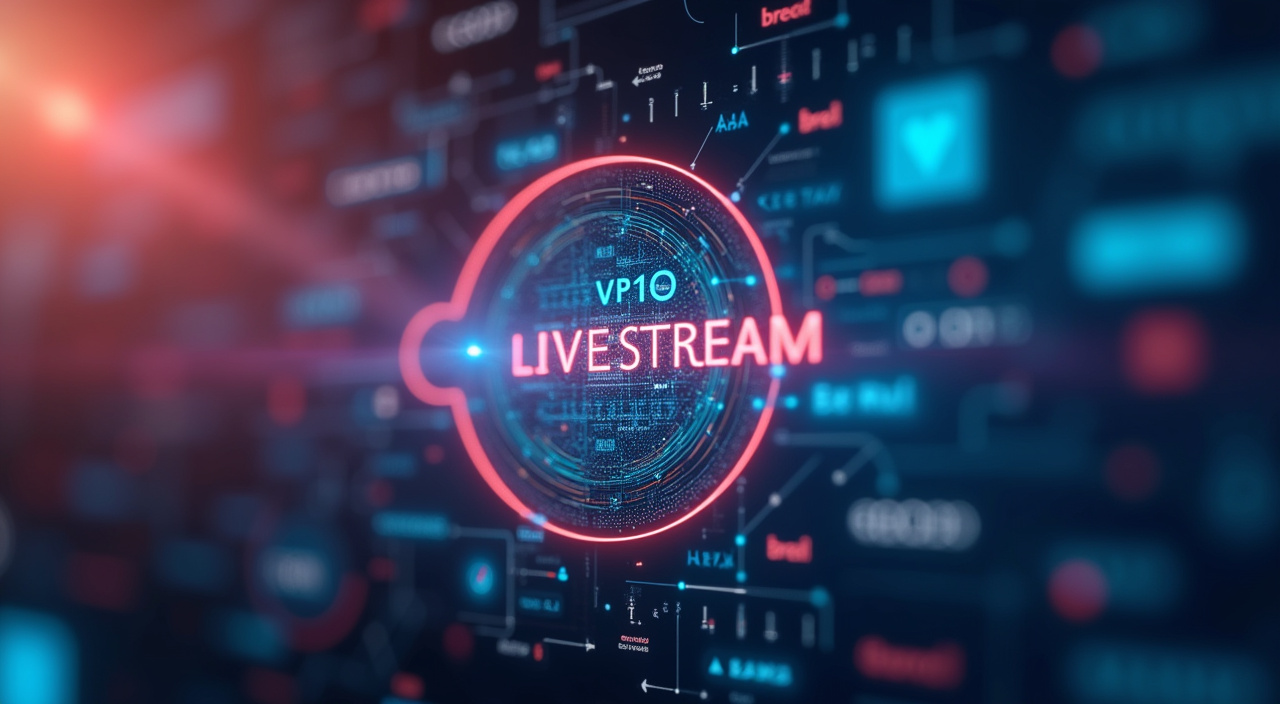
Table of Contents
In the dynamic realm of digital communication, livestream events have emerged as a pivotal tool for connecting individuals, fostering collaboration, and disseminating information across geographical boundaries. From corporate webinars and educational lectures to virtual concerts and interactive conferences, livestreaming has revolutionized the way we interact and engage with audiences. However, this technological advancement introduces inherent challenges, particularly concerning participant privacy and the security of the streaming environment.
Livestream events inherently involve the transmission of vast amounts of data, encompassing personal identifiers, intellectual property, and sensitive discussions. Without robust security measures, these events become vulnerable entry points for malicious actors, posing significant risks of data breaches, eavesdropping, and unauthorized access. Consequently, ensuring participant privacy in livestream events is no longer a mere compliance checkbox; it constitutes a fundamental pillar for building trust, safeguarding brand reputation, and guaranteeing the unwavering integrity of digital interactions.
A compromised livestream, whether due to inadequate security or a blatant disregard for privacy, can trigger a cascade of adverse consequences, ranging from crippling financial losses and irreversible reputational damage to protracted legal battles and a tarnished brand image. Therefore, securing livestream events mandates a holistic and proactive strategy that seamlessly integrates technical safeguards, well-defined organizational policies, and comprehensive user awareness training. Among the arsenal of tools available for fortifying security and shielding participant privacy, the implementation of a Virtual Private Network (VPN) stands out as a particularly effective and versatile solution.
A VPN operates by establishing a secure, encrypted tunnel between a user's device and a remote server, effectively masking their IP address and rerouting their internet traffic through a fortified and protected connection. This encryption acts as a formidable shield, safeguarding sensitive data from prying eyes and making it exceedingly difficult for malicious entities to intercept or compromise the information being transmitted. In the specific context of livestream events, a VPN provides a critical layer of protection for both the organizers and the participants, ensuring that their communications remain confidential, secure, and free from unwanted intrusion.
Beyond its core security function, a VPN can also serve as a powerful tool for circumventing geographical restrictions and censorship, empowering participants from all corners of the globe to access and fully engage with the event, irrespective of their location or the prevailing internet policies in their region. The multifaceted benefits of employing a VPN in livestream events extend considerably beyond simple security enhancements. By intelligently masking IP addresses and diligently encrypting data streams, a VPN effectively prevents tracking and profiling of participants, ensuring their anonymity and safeguarding their personal information from potential misuse or exploitation.
This anonymity is especially crucial in scenarios where participants might be delving into sensitive topics, sharing confidential data, or expressing potentially controversial opinions. Moreover, a VPN can optimize streaming performance by preventing bandwidth throttling from internet service providers based on user behavior and geographic location. In summary, incorporating VPNs into the architecture of livestream events is not merely a tactical security measure; it is a strategic investment that underscores a deep commitment to participant privacy, robust streaming security, and comprehensive data protection.
It represents an indispensable component of a well-rounded security strategy designed to protect the integrity and maximize the value of these crucial digital interactions. The decision to embrace VPN technology not only actively shields participants from emergent threats but also cultivates a strong culture of trust and security, encouraging greater participation, more open collaboration, and a more enriching experience for all involved. As livestream events continue to proliferate and solidify their position as essential components of both our professional and personal lives, the paramount importance of proactively prioritizing security and diligently safeguarding privacy will only continue to escalate.
The successful integration of a VPN into livestream events hinges on a meticulous evaluation and selection process, ensuring that the chosen VPN service aligns seamlessly with the specific security requirements and performance demands of the event. Foremost among these considerations is the selection of a VPN service that boasts robust and up-to-date encryption protocols, with AES-256 widely recognized as the industry gold standard for data protection. This advanced encryption ensures that all data traversing the VPN tunnel is effectively scrambled and rendered virtually unreadable to any unauthorized parties attempting to intercept or decipher it.
Complementing strong encryption, the VPN service must adhere to a strict no-logs policy, unequivocally stating that it does not collect, store, or monitor any information pertaining to users' online activities, browsing history, or connection logs. This unwavering adherence to data minimization is fundamental to upholding participant privacy and preserving anonymity, preventing the VPN provider from potentially linking users to their online actions or revealing their identities to third parties. Furthermore, the chosen VPN service should maintain a geographically diverse and expansive network of servers strategically located in various regions around the globe.
This extensive server infrastructure empowers users to connect to servers that are physically closest to their location, thereby minimizing latency and optimizing streaming performance. A larger server network also provides greater flexibility in circumventing geographical restrictions, accessing region-locked content, and ensuring reliable connectivity even in the face of network congestion or server outages. Livestream event organizers must also carefully assess the scalability of the VPN solution to ensure it can seamlessly accommodate the anticipated number of participants without compromising performance or security.
As the number of concurrent users surges, the VPN service should be capable of handling the increased bandwidth demands, preventing bottlenecks and maintaining a consistent streaming experience for all attendees. This may necessitate upgrading to a higher-tier plan that offers greater bandwidth allocation, or selecting a VPN provider that offers dedicated server options specifically tailored for livestreaming applications. Another critical consideration is the user-friendliness and accessibility of the VPN software.
The VPN client should be designed with an intuitive interface that is easy to navigate, empowering participants to effortlessly connect to the VPN server and configure their settings. This ease of use is particularly crucial for participants whoอาจ not be technically proficient or familiar with VPN technology. The goal is to minimize technical barriers and ensure that all participants can easily access and utilize the VPN without requiring extensive technical support or training.
Beyond these technical considerations, organizers must also remain acutely aware of the legal and regulatory landscape governing data protection and privacy. Different countries and jurisdictions have varying laws and regulations pertaining to data processing, storage, and transmission. Livestream event organizers bear the responsibility of ensuring that the selected VPN service fully complies with all applicable laws and regulations, safeguarding participants' rights and minimizing the risk of legal repercussions.
Moreover, it is paramount to educate livestream event participants about the importance of utilizing a VPN and to provide clear, concise instructions on how to properly install, configure, and utilize the VPN software. This educational effort should encompass topics such as creating strong, unique passwords, enabling two-factor authentication for enhanced account security, and exercising caution when interacting with suspicious websites or clicking on unfamiliar links. By empowering participants with knowledge and equipping them with best practices for online security, organizers can significantly mitigate the risk of security breaches, data leaks, and other cyber incidents that could compromise participant privacy and disrupt the livestream event.
Integrating a VPN seamlessly into the livestream event workflow necessitates a strategic and thoughtful approach that delicately balances robust security with a smooth and intuitive user experience. The initial step involves a thorough assessment of the specific security risks and privacy concerns that are pertinent to the specific event. This comprehensive assessment should take into account several critical factors, including the sensitivity of the information being shared and discussed, the projected size and geographical distribution of the audience, and the potential threats and vulnerabilities that the event might face from malicious actors.
By carefully considering these factors, organizers can determine the appropriate level of security measures and privacy safeguards needed to effectively protect participant privacy and ensure the overall security and integrity of the livestream. One viable option is to implement a policy that mandates all participants to utilize a VPN when accessing the livestream event. This policy can be effectively enforced by providing participants with clear and concise instructions on how to download and install the required VPN software on their devices.
In addition, organizers can provide step-by-step guidance on how to connect to the designated VPN server and configure their VPN settings for optimal security and performance. To further simplify the process and enhance user convenience, organizers can opt to provide participants with pre-configured VPN accounts, complete with usernames, passwords, and pre-set server configurations. This approach streamlines the VPN connection process, making it even easier for participants to connect securely and participate in the livestream event without encountering technical obstacles.
An alternative and increasingly popular approach is to integrate the VPN functionality directly into the livestreaming platform itself. This seamless integration can be achieved through partnerships with VPN providers or by developing custom solutions that embed VPN capabilities within the livestreaming software or web application. By integrating the VPN directly into the platform, organizers can provide a more streamlined and user-friendly experience for participants, eliminating the need to download and install separate VPN software.
Furthermore, this approach allows organizers to centrally manage and enforce VPN usage, ensuring that all participants are protected by the VPN's security features. Another important aspect of integrating a VPN into the livestream event workflow is to provide clear and transparent communication to participants about the purpose and benefits of using a VPN. Organizers should clearly explain how the VPN enhances their privacy and security during the event, protecting their personal information and preventing unauthorized access to their data.
This communication can take the form of informative email messages, website FAQs, or dedicated training sessions that educate participants about VPN technology and its importance in ensuring a secure livestreaming experience. In addition to providing clear communication, organizers should also offer technical support to participants who may encounter difficulties connecting to the VPN or configuring their settings. This support can be provided through a dedicated helpdesk, online tutorials, or live chat assistance.
By providing prompt and effective technical support, organizers can ensure that all participants are able to successfully connect to the VPN and participate in the livestream event without encountering frustrating technical issues. Finally, it is essential to continuously monitor and evaluate the effectiveness of the VPN implementation to identify any potential weaknesses or areas for improvement. This monitoring can involve analyzing VPN usage data, tracking security incidents, and gathering feedback from participants.
By continuously monitoring and evaluating the VPN implementation, organizers can ensure that it remains effective in protecting participant privacy and maintaining the security of the livestream event.
Beyond the core technical considerations, the implementation of a 'livestream event VPN' strategy should encompass a holistic approach to 'data protection,' incorporating various complementary measures to fortify 'participant privacy' and enhance overall 'streaming security.' One crucial aspect is the development and implementation of a comprehensive data privacy policy that clearly outlines how personal data is collected, used, stored, and protected during the livestream event. This policy should be readily accessible to all participants and should be written in clear, concise language that is easy to understand. The policy should also address key issues such as data retention periods, data access rights, and data breach notification procedures.
Furthermore, organizers should implement robust access control mechanisms to restrict access to sensitive data and resources to authorized personnel only. This can be achieved through the use of strong passwords, multi-factor authentication, and role-based access control (RBAC). RBAC allows administrators to assign specific roles and permissions to users, ensuring that they only have access to the information and resources that they need to perform their duties.
Another important measure is to implement data encryption both in transit and at rest. In addition to using a VPN to encrypt data in transit, organizers should also encrypt sensitive data stored on servers and databases. This can be achieved through the use of encryption algorithms such as AES or RSA.
Data encryption provides an additional layer of security, ensuring that even if unauthorized individuals gain access to the data, they will not be able to read or understand it. Organizers should also implement regular security audits and vulnerability assessments to identify and address potential weaknesses in their systems and infrastructure. These audits should be conducted by qualified security professionals and should cover all aspects of the livestream event, including the streaming platform, the VPN implementation, and the data storage and processing systems.
Vulnerability assessments can help to identify potential security flaws that could be exploited by attackers. In addition to technical measures, organizers should also provide comprehensive training and awareness programs for all personnel involved in the livestream event. This training should cover topics such as data privacy best practices, security threats and vulnerabilities, and incident response procedures.
By educating personnel about these issues, organizers can empower them to make informed decisions and take appropriate actions to protect data privacy and security. Moreover, it is essential to establish clear incident response procedures to handle security breaches or data leaks effectively. These procedures should outline the steps that need to be taken to contain the incident, assess the damage, notify affected parties, and restore systems to normal operation.
Having well-defined incident response procedures in place can help to minimize the impact of security incidents and prevent further damage. Beyond these internal measures, organizers should also carefully vet and select third-party vendors who may have access to participant data. This includes livestreaming platform providers, VPN service providers, and data storage providers.
Organizers should ensure that these vendors have appropriate security certifications and comply with applicable data privacy regulations. By carefully vetting third-party vendors, organizers can reduce the risk of data breaches or privacy violations caused by external parties. Finally, organizers should stay informed about the latest security threats and vulnerabilities and adapt their security measures accordingly.
The threat landscape is constantly evolving, and new vulnerabilities are discovered on a regular basis. By staying informed and adapting their security measures, organizers can ensure that they are prepared to defend against the latest threats and protect participant privacy. In the context of 'VPN for streaming', remember that user education regarding the 'livestream event VPN' is crucial to assure maximum 'participant privacy' and 'streaming security' alongside effective 'data protection'.
In conclusion, the strategic deployment of a 'livestream event VPN' represents a cornerstone in the comprehensive safeguarding of 'participant privacy' and the fortification of overall 'streaming security'. However, it is imperative to recognize that a VPN is not a silver bullet, but rather a crucial component within a multi-layered security architecture designed to ensure robust 'data protection'. The efficacy of a 'VPN for streaming' hinges not only on its technical capabilities but also on its seamless integration with other security measures, organizational policies, and heightened user awareness.
The digital landscape presents a constantly evolving tapestry of threats and vulnerabilities, demanding a proactive and adaptive approach to security. Organizations must remain vigilant in monitoring the threat landscape, continuously assessing their security posture, and adapting their security measures to address emerging risks. This requires not only investing in cutting-edge security technologies but also fostering a culture of security awareness throughout the organization, empowering all personnel to actively participate in protecting sensitive data and ensuring the integrity of livestream events.
Beyond the technical aspects, ethical considerations play a critical role in safeguarding participant privacy. Organizations must be transparent about their data collection practices, providing participants with clear and concise information about how their data will be used and protected. Participants should also be given the opportunity to exercise their data privacy rights, including the right to access, correct, and delete their personal data.
This commitment to ethical data handling builds trust and fosters a positive relationship with participants. In the realm of education, organizations should prioritize educating participants about the importance of online privacy and security. This education should cover topics such as password security, phishing awareness, and the risks of sharing personal information online.
By empowering participants with knowledge, organizations can help them to protect themselves from online threats and contribute to a more secure online environment. Moreover, fostering collaboration between organizations, security experts, and policymakers is essential to develop and implement effective security standards and best practices for livestream events. This collaboration can help to create a more secure and trustworthy online environment for all.
Looking ahead, emerging technologies such as artificial intelligence (AI) and blockchain have the potential to enhance the security and privacy of livestream events. AI can be used to detect and prevent security threats in real-time, while blockchain can be used to create tamper-proof audit trails and secure data storage solutions. However, it is important to carefully consider the ethical implications of these technologies and ensure that they are used in a responsible and privacy-preserving manner.
Ultimately, the goal is to create a secure and trustworthy online environment where individuals can freely participate in livestream events without fear of privacy violations or security breaches. This requires a collaborative effort from organizations, security experts, policymakers, and participants, working together to implement robust security measures, promote ethical data handling practices, and foster a culture of security awareness. By embracing this holistic approach, organizations ويمكنها الاستفادة من قوة أحداث البث المباشر مع حماية خصوصية المشاركين وضمان سلامة البيانات.
In leveraging the 'livestream event VPN', alongside other cybersecurity protocols, it becomes abundantly clear that the future of secure streaming lies not just in technology, but in responsible implementation and continuous vigilance across the digital spectrum. By focusing on ethical practices, user education, and adaptation to the changing threat landscape, organisations can ensure safer and more trustworthy live streaming experiences for all participants.
Stay Updated
Get the latest VPN news, tips, and exclusive deals to your inbox.

